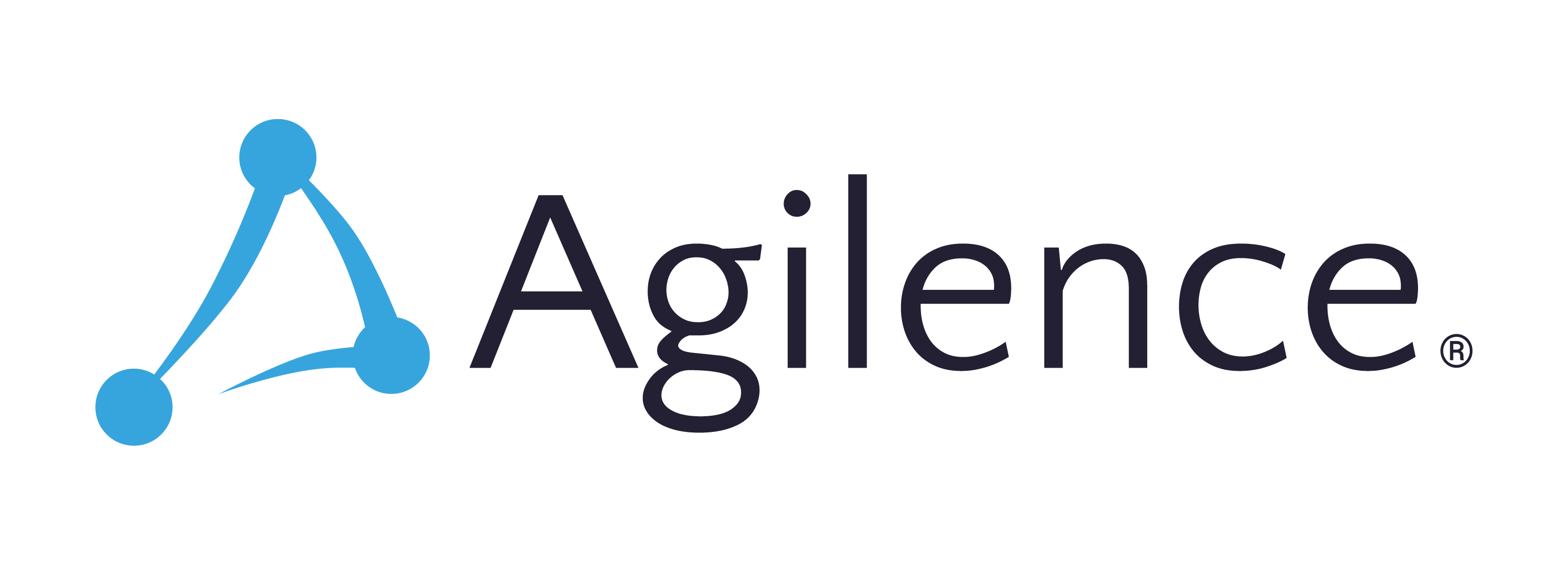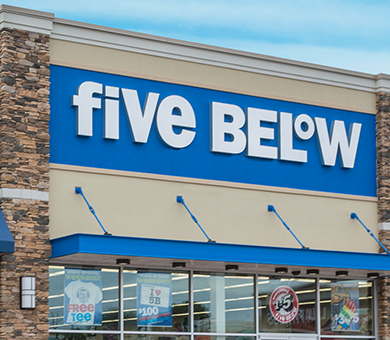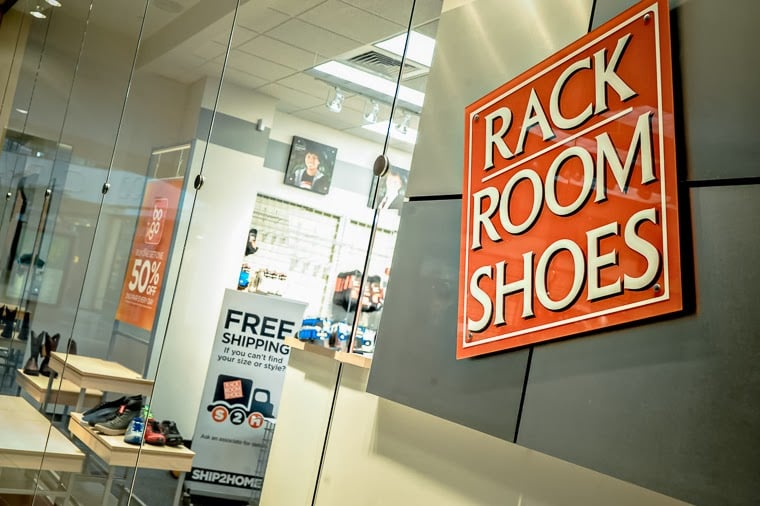/Agilence/Logos/Customer%20Logos/Customer%20logos%20website/Neiman%20Marcus.png)
Enhancing Fraud Detection & Operational Efficiency with Agilence
“Before Agilence, we were catching fraudulent activity months after it happened. Now, we can detect and act on it within weeks, sometimes even days."
Salem Taylor Corporate Investigations Analyst
/Website/Resources%20Images/CaseStudys/OakBrook_Store_091521_003.jpg)
About
Neiman Marcus is a luxury department store chain known for its high-end fashion, designer accessories, and upscale home goods. Catering to affluent shoppers, Neiman Marcus carries designer brands like Gucci, Prada, and Chanel, alongside its own private labels. With both brick-and-mortar locations and a strong online presence, Neiman Marcus is a premier destination for luxury shopping in the U.S.
The Challenge
Neiman Marcus faced a series of growing operational and fraud-related challenges that were costing the company both in revenue and efficiency. One of the most pressing issues was merchandise suppression, where store associates placed high-value items on hold indefinitely. While intended to reserve products for VIP clients, the practice resulted in inventory bottlenecks, with some stores effectively hiding premium merchandise from online shoppers and other locations. This led to missed sales opportunities and stagnating inventory movement.
Another major issue was shipping fee overrides, a policy designed to allow associates to offer complimentary shipping in special circumstances. However, the system was being abused, with some stores overriding shipping fees on nearly every transaction. Without visibility into this activity, corporate teams had no way of measuring the financial impact or enforcing policy adherence, leading to significant revenue loss.
Beyond these financial losses, fraudulent transactions were becoming harder to detect. The loss prevention team lacked an efficient system for analyzing point-of-sale (POS) data, forcing them to manually review transaction logs. Unauthorized returns, cashier self-checkouts, and personal refund fraud were slipping through the cracks simply because there was no scalable way to flag suspicious activity in real-time. Investigations were time-consuming, inconsistencies were common, and by the time fraud was detected, the damage had already been done.
The Solution
To tackle these challenges, Neiman Marcus turned to Agilence. Salem Taylor, the company’s Corporate Investigations Analyst, played a key role in leveraging Agilence to transform their approach to loss prevention.
To combat merchandise suppression, Salem used Agilence to track hold activity across stores. The data quickly revealed that certain locations were consistently suppressing high-value items to keep them available for in-store sales rather than allowing them to be purchased online or transferred to another store. With this insight, corporate leadership removed hold privileges from most stores, ensuring inventory was more evenly distributed and accessible to all customers.
Addressing shipping fee overrides required a similar approach. Salem built a shipping override report to track when and where free shipping was being granted. Using Agilence, Salem was able to confirm that some stores had overridden shipping fees on every single transaction. By bringing this to light, Neiman Marcus was able to restructure its policy and enforce stricter controls on when free shipping could be applied, leading to immediate cost savings.
Fraud detection also saw a dramatic improvement with the implementation of custom alerts and queries. Agilence allowed Salem to design automated alerts for suspicious behaviors, such as cashiers processing refunds to their own cards or performing excessive discounts for a single customer. These alerts integrated directly into the company’s loss prevention dashboard, ensuring that unresolved fraud cases were flagged and prioritized. Rather than reacting to fraud months after it occurred, the team could now intervene and put a stop to further abuse much sooner.
The Results
Neiman Marcus saw immediate improvements after integrating Agilence into its fraud prevention and operations. The merchandise suppression report that Salem created exposed hidden inventory inefficiencies, leading to the removal of store-level hold privileges. As a result, high-value merchandise was no longer sitting idle in specific locations and was now available for sale across all channels, increasing sell-through rates and improving inventory flow.
The shipping override report uncovered significant revenue loss, prompting a policy change that saved the company enough in waived shipping costs to cover the cost of Agilence within the first year. By restricting unnecessary fee waivers, Neiman Marcus reinforced its commitment to maintaining profitability without compromising customer service.
On the fraud prevention side, Agilence’s automated alerts enabled the loss prevention team to identify and act on suspicious activity much faster than before. “Before Agilence, we were catching fraudulent activity months after it happened. Now, we can detect and act on it within weeks, sometimes even days," said Salem. The ability to track unauthorized returns, cashier self-checkouts, and personal refund fraud led to a measurable decrease in fraudulent transactions, helping the company better protect its bottom line.
Beyond loss prevention, Agilence has become a core tool across multiple departments, including operations and finance. The ability to access and analyze real-time transaction data has allowed these teams to refine store policies, optimize workflows, and enforce compliance more effectively. As Neiman Marcus continues to expand its use of Agilence, the company remains committed to leveraging data-driven insights to reduce shrink, improve efficiency, and maximize profitability.
More case studies for you
Goodbye shrink. Hello profits.
See how we help companies reduce shrink and improve margins by reducing preventable loss with AI-powered analytics.




